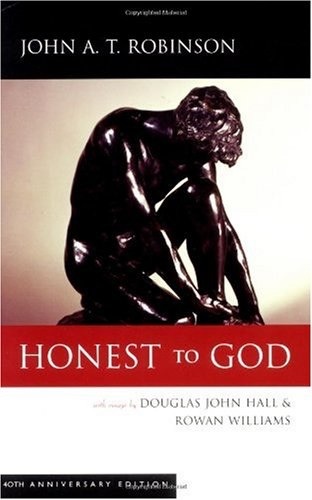










The dominant theory of Honest to God is the idea that having rejected the idea of 'God up there', modern secular man needs to recognize that the idea of 'God out there' is also an outdated simplification of the nature of divinity. Rather, Christians should take their cue from the existentialist theology of Paul Tillich and consider God to be 'the ground of our being'.
Dietrich Bonhoeffer's notion of religion-less Christianity is also a major theme in the book. Robinson's interpretation of this phrase is—inevitably—controversial. He claims that secular man requires a secular theology. That is, that God's continuing revelation to humanity is one brought about in culture at large, not merely within the confines of "religion" or "church."
The book also introduced the idea of situational ethics to an English speaking audience. This was a form of relativism, based on the idea that moral codes are not set in stone, but may be subject to circumstances.

